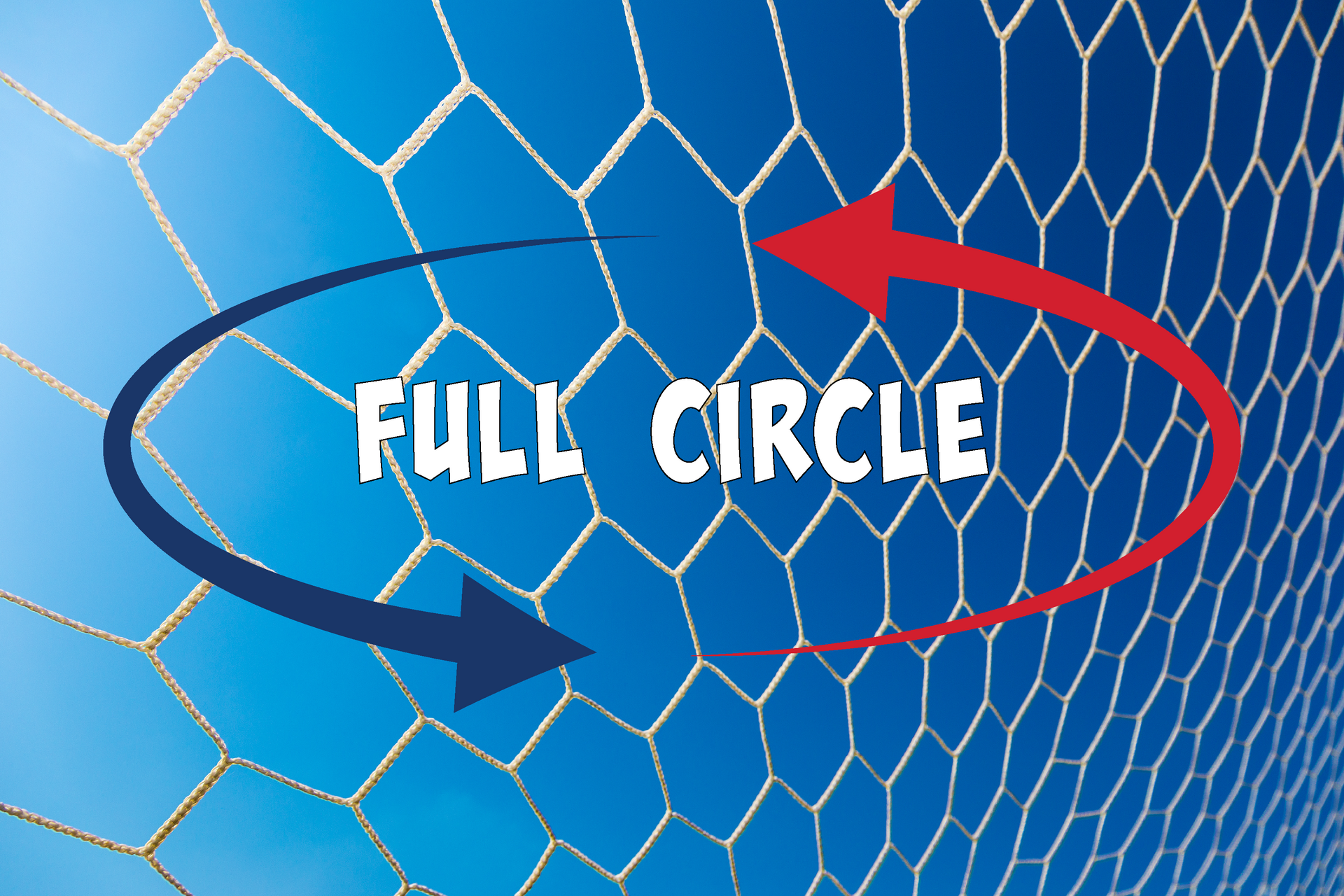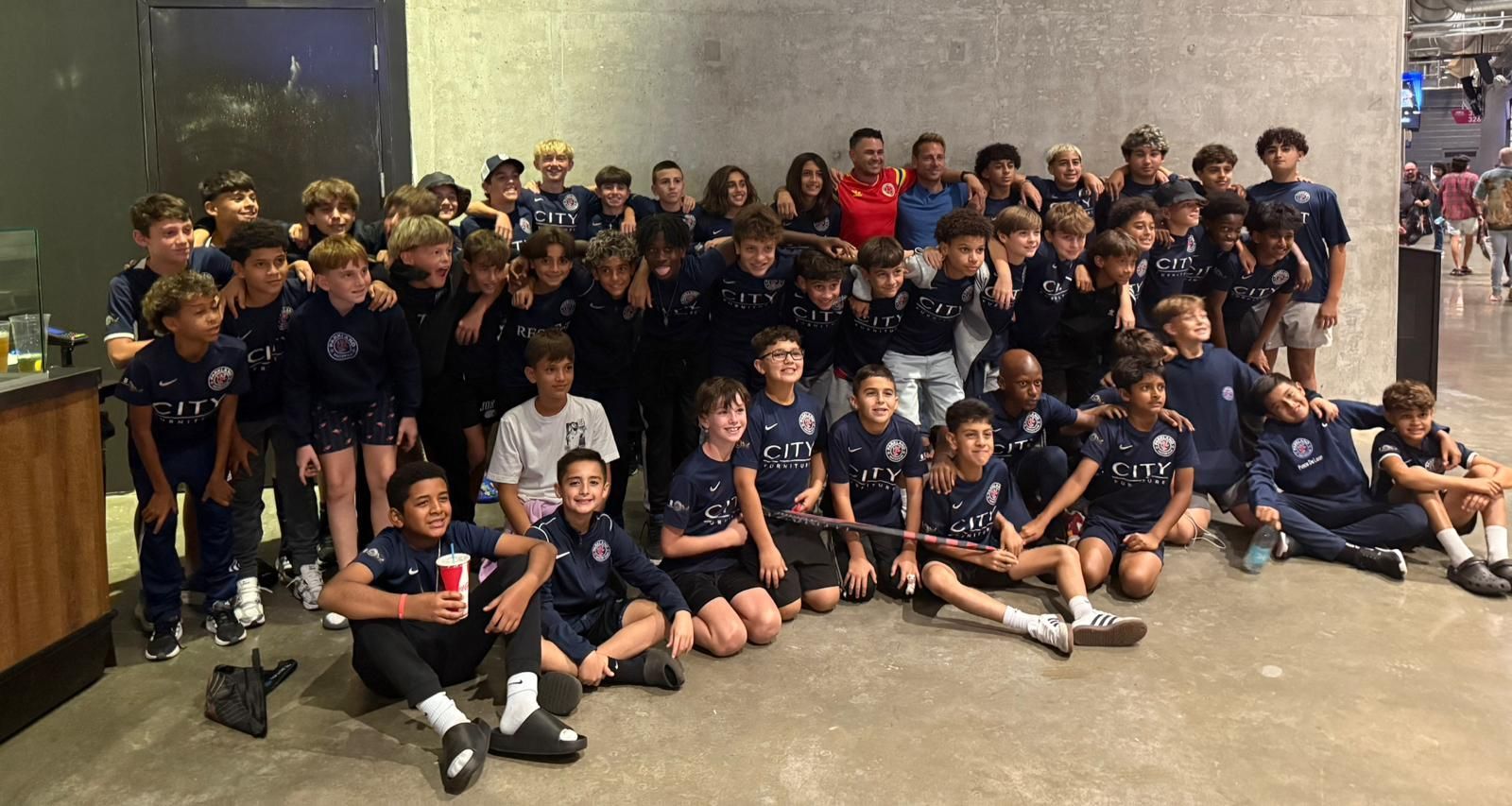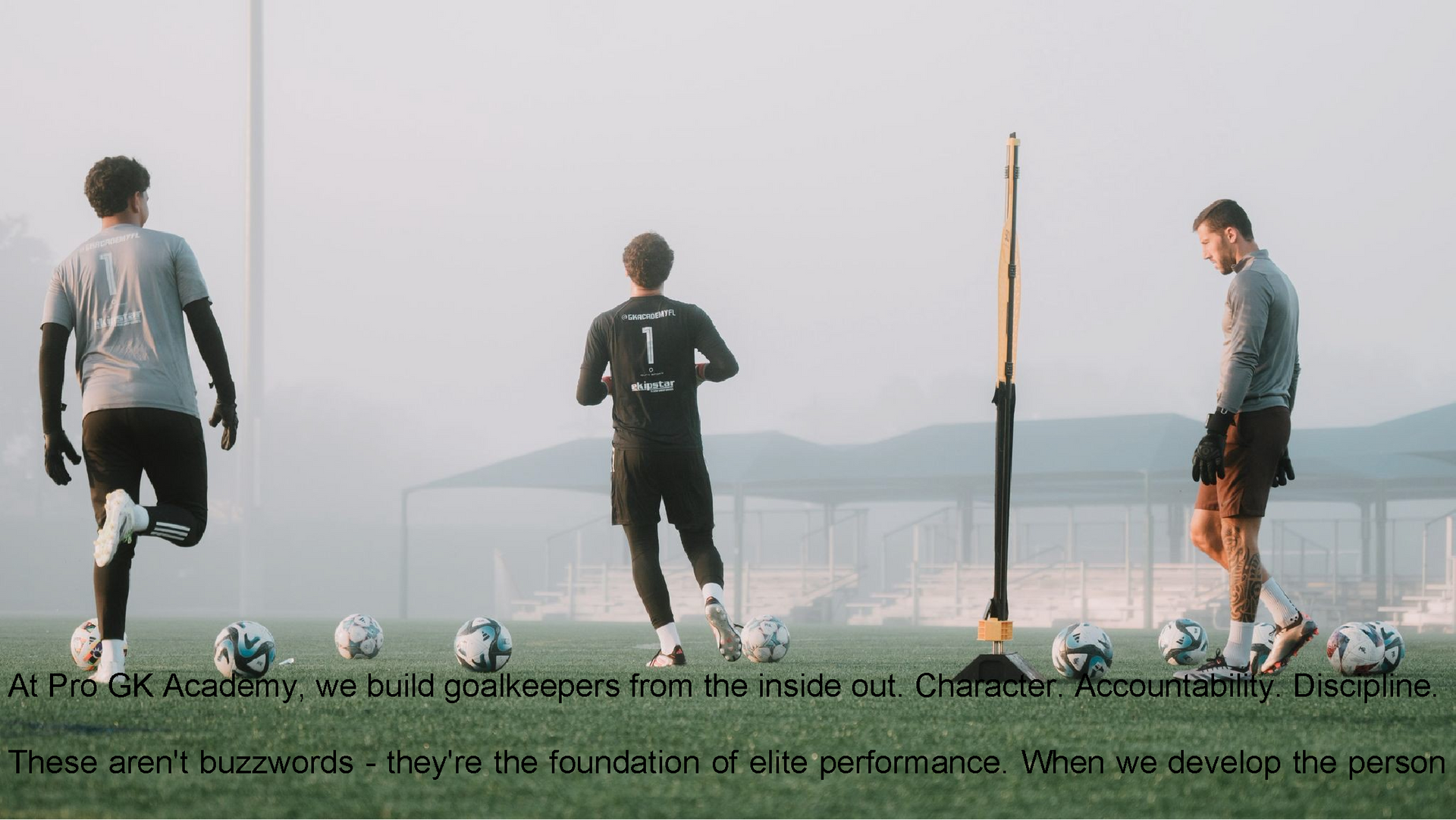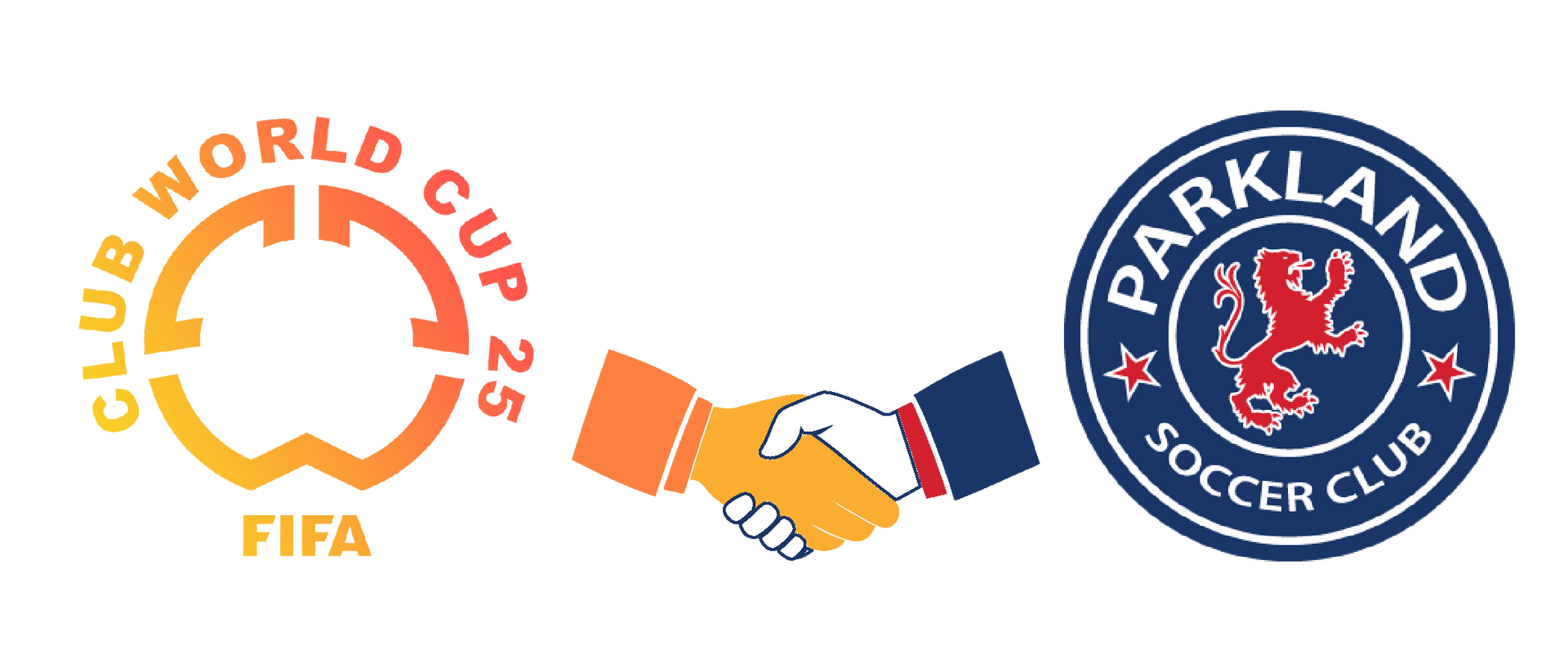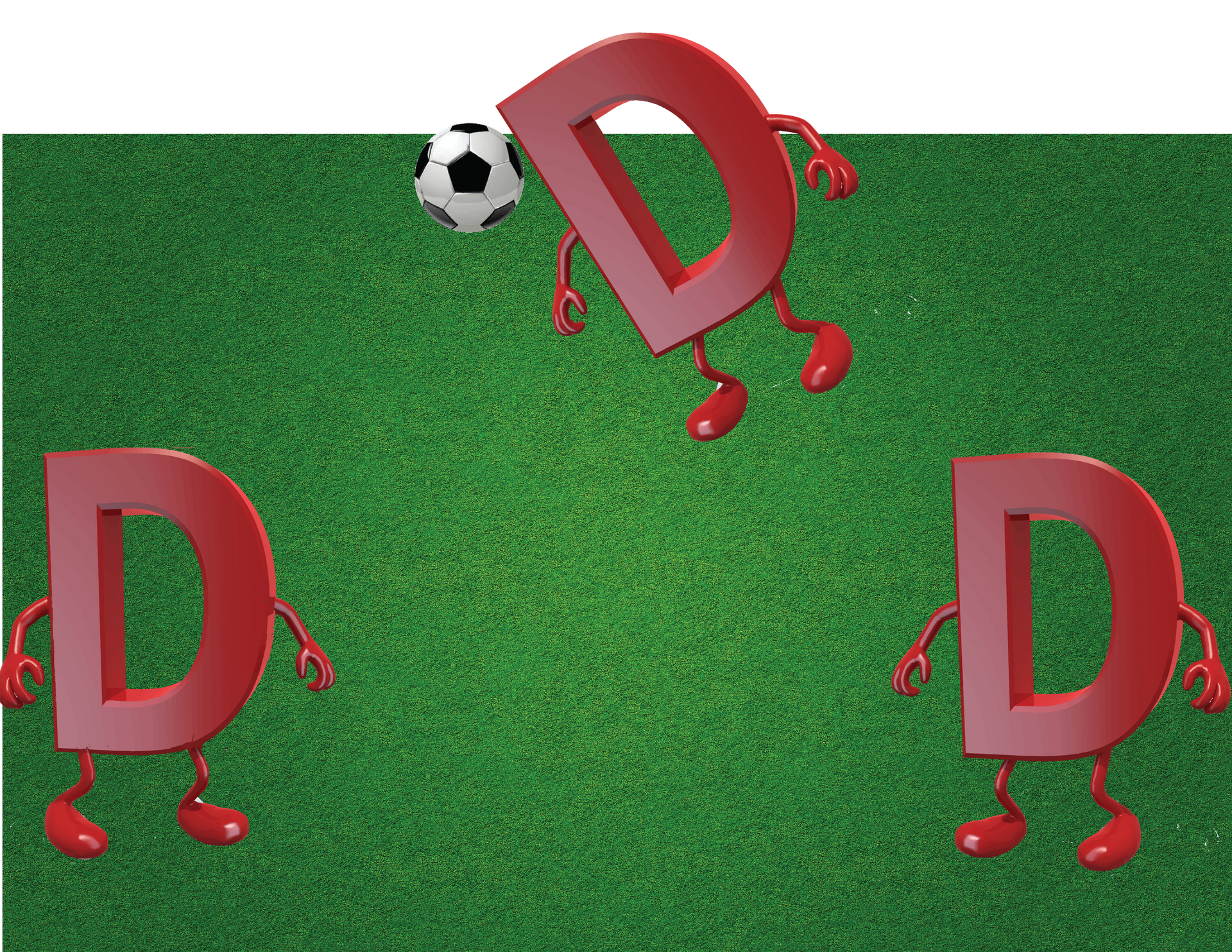WHAT COMES FIRST, DEVELOPING THE ATHLETE OR THE INDIVIDUAL?
Learn the Club’s philosophy regarding overall life lessons
By Yuri Lins, Director of Methodology
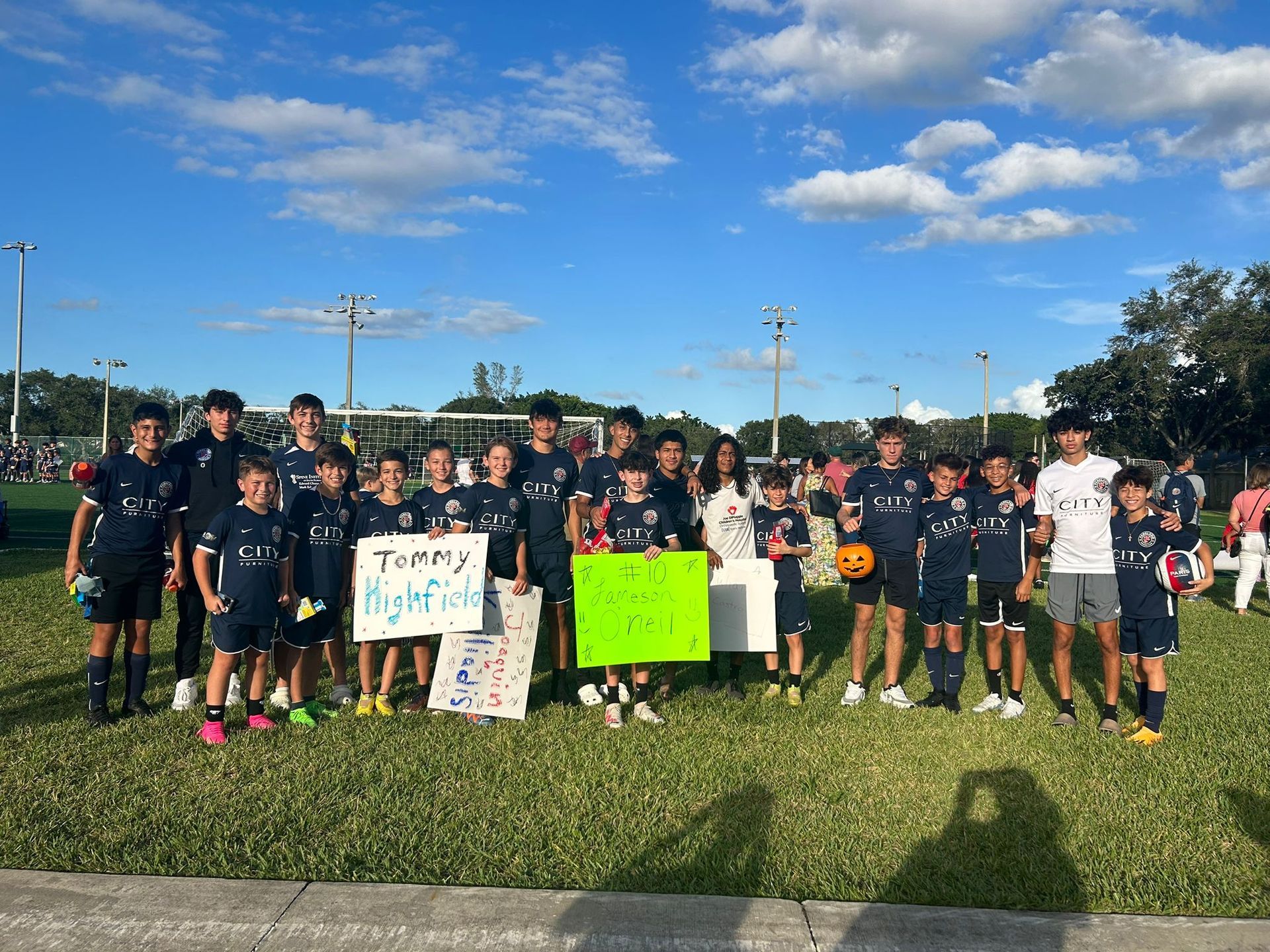
Understanding the role of a youth soccer coach can be challenging. Coaches are often seen through the lens of sports and competition (focused on results conquered on a weekend or the number of trophies won), rather than the education, growth and the true impact they have in a person’s life through the most popular game in the world, soccer. One of the biggest challenges for a coach is to not have the illusion that they are only building athletes who will compete and perform at high levels in the future, rather than functioning humans who may or may not, follow that path. The more the coach focuses on building athletes, the formation of the human being suffers, resulting in less well-prepared athletes anyway. The non-development of certain values and principles in the early stages can have a direct impact on the later performance of the athlete and their ability to evaluate the length of his/her soccer pathway. The values learned through the sport combined with the abilities to deal with various constraints, help develop a well-rounded critical thinker, whose life-lesson memories are highly attached to a soccer ball. Longevity in soccer can only be possible by creating a solid foundation based on character, values and principles, which become the basis for the tactical, technical, physical, and physiological aspects of the game. This foundation, especially in the early ages, must focus on the ultimate development of the human being to help the kids become successful adults in many aspects of life. Together, coaches and club play an important role in the athletes' lives. They are responsible to provide the tools to feed their developmental stage and guide them to understand and respect the growth processes of all participants.


